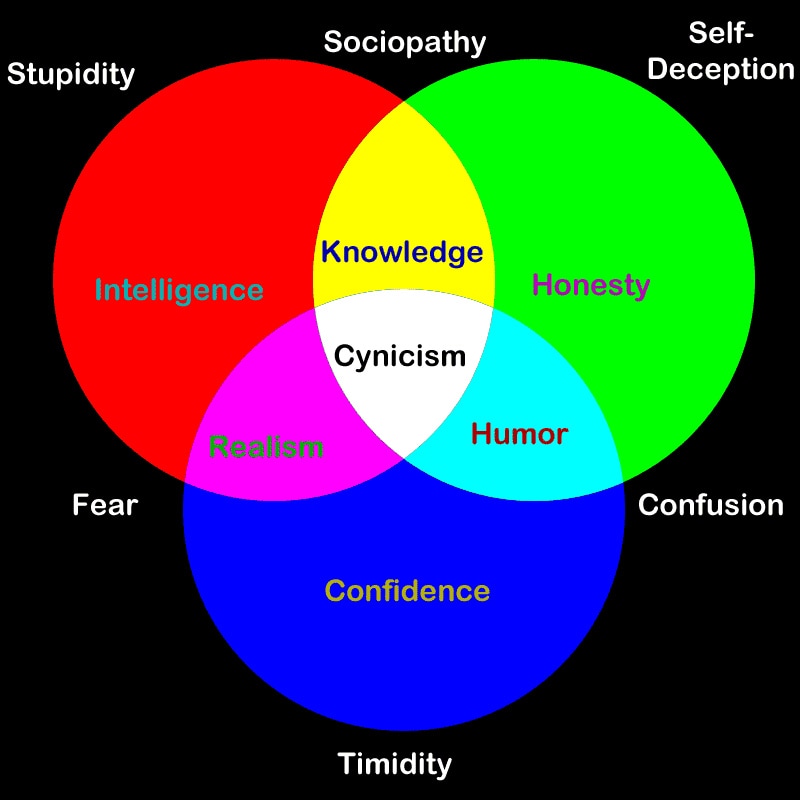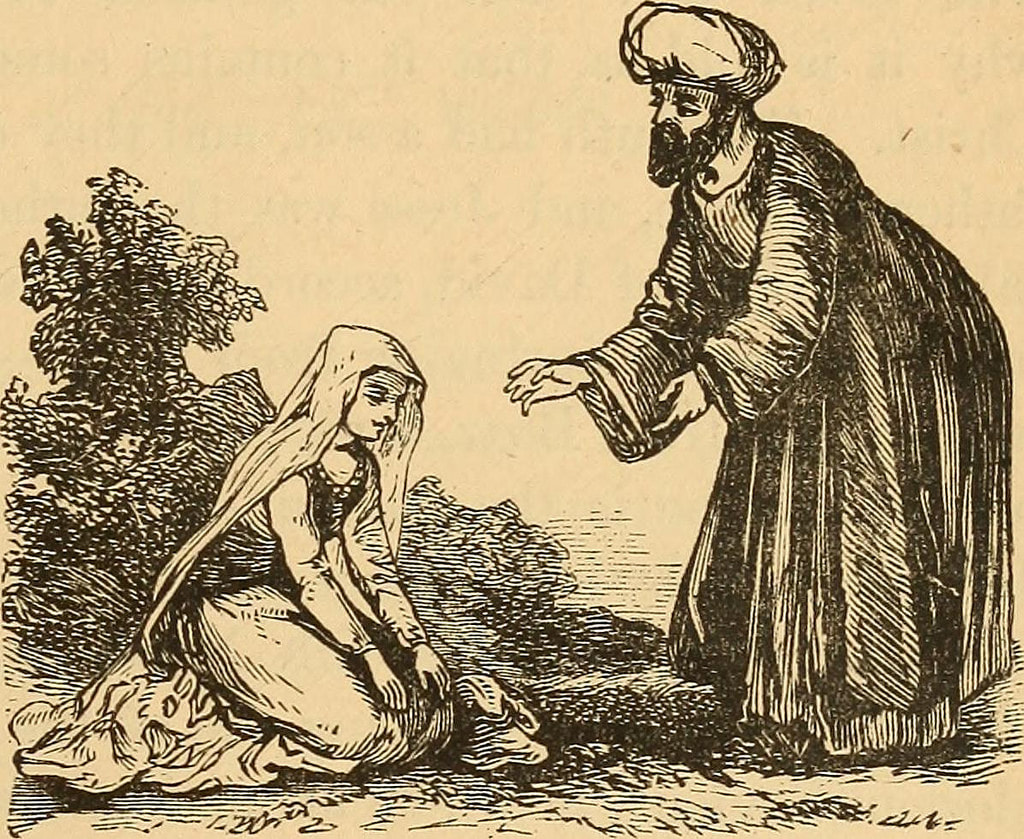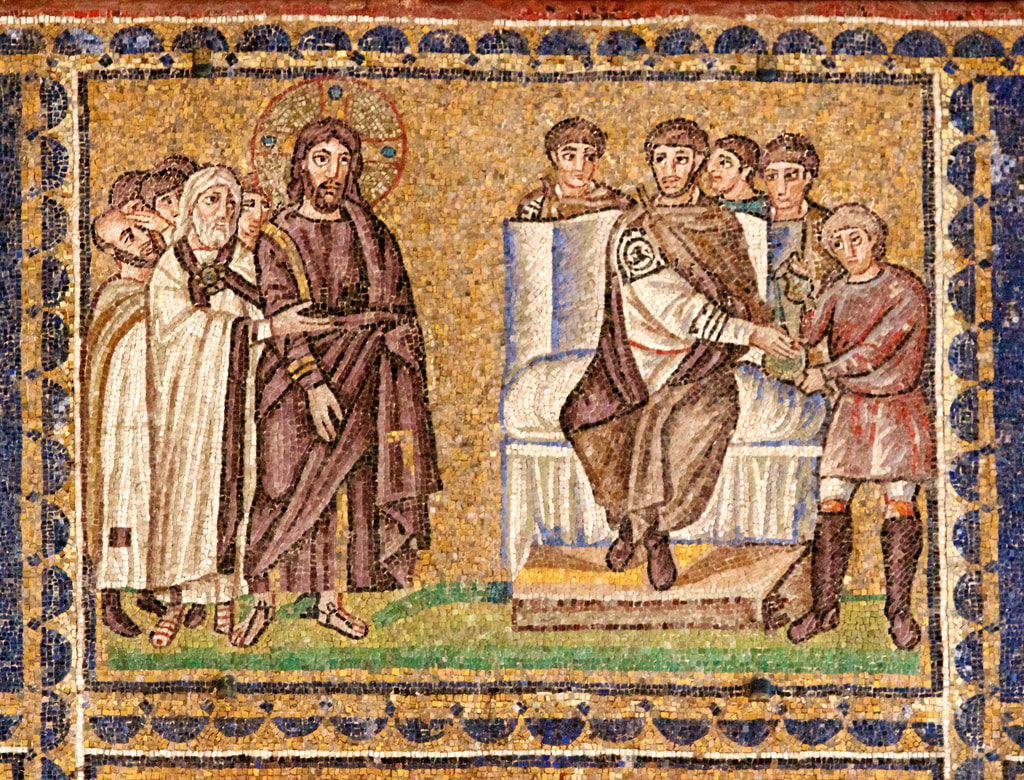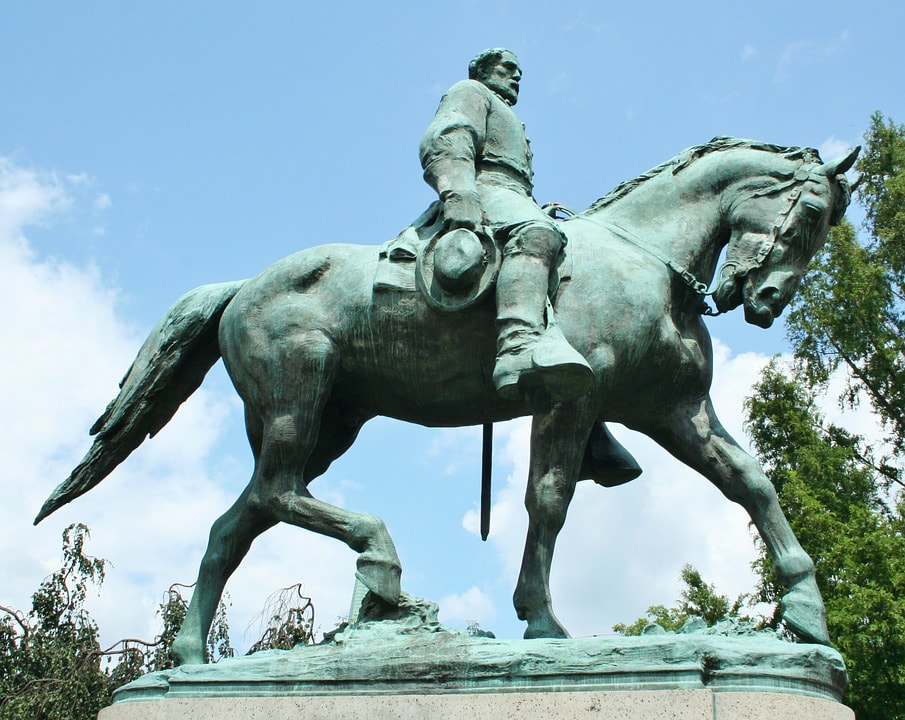|
You won't be involved in mercy ministry too long before you come across this one particular term: "undeserving poor." A great deal of mercy ministry effort, at least in my experience, is often given not simply to help the poor, but in first making sure they deserve our help. Having participated in mercy ministry for some years now, I understand this position. When you have limited resources you want to ensure that you are using them where they will help the most and where they are needed. You also don't want to be known as a soft target - easy pickin'. And trust me, there are many who are out to take advantage of those willing to hand out resources.
0 Comments
There are quite a few people in my circles who aren’t too fond of all the demonstrations which have been going on. In their minds, all demonstrations related to racial issues are "riots," and all of the demonstrations are lead by leftist, Marxist, communist, anarchists. Many of the same criticisms conservatives once levied against the abolitionist or Civil Rights leaders of old are being reused against those claiming to fight racial injustice today. It’s certainly possible that the movement today is of a different character than it was the last several times movements arose in the face of racial upheaval. But it’s also possible that we conservatives who have always sought to conserve the status quo and our power have the same modus operandi today as we’ve always had. It's possible that we are denying injustice in order to preserve our position, just as we've always done. Time will tell, I suppose, as hindsight will eventually make current events more clear. But until then, I think it's important to have a good dose of honest and difficult self-reflection.
While I don’t know whether or not my conservative community is wrong in its majority assessment of the current events, I do want to speak into my community and highlight an inconsistency which I find rather bothersome. One of the most used arguments I see from Christians against the current social movement is that to join one's voice in the outcry is to jettison, forego, or downplay the gospel. To join the movement decrying injustice and calling for societal change is to embrace the social gospel. To join the movement is to declare that the gospel is not enough. What the world really needs is not social change or the social gospel. What the world really needs right now is the pure gospel of Jesus Christ, because it is only the gospel which transforms hearts. The argument here is that the eternal is more important than the temporal, and that if you get your eternal priorities straight, a change of your heart and spiritual focus will change your actions. If you accept the gospel of Christ you will also change your actions. If we just get everyone saved, racism will diminish. It is the gospel which changes society, not social movements, so we ought to spend our time accordingly. Individualism is one of the great emphases of modern American culture. The value of expression, of individual value, and of individual responsibility is, in my opinion, of utmost importance and meaning. Emphasis on the individual is one of the major aspects which helps to build in Americans that characteristic tenacity, resolve, and ingenuity for which we are known. But for as worn out as the old adage is, one’s greatest strength tends to also be one’s greatest weakness.
Christians, like any other group of humans, have their pet peeves. For me and my group of Christians, one of those pet peeves is the objectification of others. We recognizes that the objectification of others leads to deeper and more numerous sins, and therefore, we call it out as evil. When we elevate individualism to godhood and diminish a baby in the womb to the status of non-human - when we objectify babies - a baby who gets in our way can be killed. When sexuality and pleasure is elevated to godhood and another's body becomes a mere tool - when we objectify fellow humans for sexual gratification - then we end up with the highly exploitative and damaging pornography, sex worker, and sex-trafficking industries. Christians rightly identify Jesus's teaching that objectification is at the heart of much evil in the world. In Jesus's famous Sermon on the Mount, he declares that it isn't only murder and adultery which are evil, but the objectification of others in our hatred, anger, and lust - the latter vices being the seeds of the former. Jesus is a wise man, and we are wise to follow in his footsteps.
But just as Christians have pet peeves, we also have our pet sins. One of those pet sins is, rather coincidentally, objectifying others. Whereas my group has somehow managed not to buy into the overt acceptance and overlooking of the pleasure/sex pantheon of our culture, a different, perhaps more insidious form of idolatrous objectification has crept its way into our lives. Prosperity. Perhaps Jesus should have warned us a bit more about wealth and prosperity. Maybe he should have called it out directly or told some harsh stories about it. Maybe he should have given us some foreshadowing and foundation for the problem of prosperity in the Old Testament. Maybe he should have exiled Israel for their actions stemming from prosperous indulgence at the expense of justice towards others. Maybe if Ezekiel or some other prophet would have told us that the sin of Sodom was being guilty of idolizing prosperity - maybe that would have been enough for us not to make greed a pet sin and prosperity an idol. And perhaps if Paul had excoriated the greedy more than just a few times in the epistles, or if James, the brother of Jesus would have condemned opulence and unjust labor practices, everything would all be so clear to us now. But alas! Cynicism has always been very alluring to me. There’s something about having low expectations that feels good. For one thing, a hardcore cynic doesn’t mind being proven wrong. Who would have a problem with a situation turning out better than expected? It is also helpful that when you have low standards, you find that the standards are frequently exceeded. Now I must emphasize here that I am not advocating for extreme cynicism. For its one positive aspect there are a multitude of burdens that cynicism creates. It is unappealing to people, fosters a lack of motivation towards progress, complains constantly, quells hope, etc. But for all of its faults, I am finding my cynicism to be a wonderful inoculation to one of the greatest threats our society currently faces – unfounded optimism.
The murder of James Bulgar is a story which wrecks my heart. While all murders are tragic, this one feels to me as if it fits into a different category. The level of reprehensibility, of violence, of senselessness, and of the corruption of innocence eats away at my emotions. But in reality, the murder of James wasn't much different than the murders of other children, save for one fact - his murderers were children themselves. I think the reason the Bulgar case has become so infamous and why so many find it more tragic than other cases is because the source of evil came from an unexpected place. How could two children kidnap, torture, and murder a small child? That's not something children do. In fact, that's something it seems children aren't capable of doing. We don't expect to find great evil in certain places. We think such a thing is reserved for the darkest recesses of society. We expect evil to exist, but we don't expect it in all the places where we often find it.
Many Evangelicals harp on the fact that our culture has lost notions of sin. Our culture is often willing to call evil, "good." Certainly the redefining of morality is problematic, but I think there is something even more tragic going on. There are quite a few characters you can criticize when it comes to the story of Jesus's crucifixion. The disciples were cowards and ran, with Peter even openly denying Christ numerous times. The religious leaders hounded Jesus and held a kangaroo court to convict him. The fickle crowds who were praising Jesus only a week before, now yelled out for his blood. In Luke's account, we even see Satan come into play as he enters Judas and has his hands in the mix. But for as cowardly, evil, or lost as some of these agents were, there is one character we often overlook. Pilate.
I think Pilate gets passed by so often because we can empathize with his position. Whereas the disciples were committed to Jesus and should have been loyal, and whereas the religious leaders were malicious and pursued Christ's blood, Pilate was caught in the middle of something he didn't want to be a part of. He had no loyalty to Jesus, but neither did he hold any malice. He was as impartial a judge as we could hope for in overseeing Jesus's trial. In fact, as we progress through the story, we see Pilate recognize Christ's innocence and attempt to free him using the various means he had at his disposal. To most, it seems like Pilate is a fairly decent guy who is trying to do the right thing, but ends up having to make a difficult decision in order to do his job by maintaining order. Masculinity. That's a term I don't really care too much about. I don't care very much right now about definitions, cultural shifts, political agendas, or anything else out there in history, or out there in the modern world which is being used to dismiss injustice. Like Adam, we Christian men are far too good at shifting the blame, and all of the aforementioned areas are places which are all too easy for us to use in order to avoid the negative spotlight. We desire our egos stroked, we seek praise, we seek accolades - but God forbid we self-reflect and find truth. So men, forget about any other moral agent or agenda that exists right now and simply focus on yourselves.
But really, such a condition of self-absorption isn't a man's condition alone. It's a woman's condition as well. Like Adam blamed Eve, Eve blamed the snake, and failed to take responsibility for herself. Like Adam, Eve became a self-centered being as well. Self-preservation and self-acclaim are not something unique to any gender. However, men are currently beginning to come under the microscope in our culture (and rightly so), so I want to take a look at the human condition and human responsibility from a man's perspective. Just know that these applications can be applied more broadly to all humans in their differing power structures and situations.
Any good, lasting tradition revolves around some worldview notion that was deemed so valuable, it was preserved in the form of tradition. Even seemingly benign or childish traditions, like Santa Claus, contain entrenched worldview teachings. Santa, for instance, holds central this idea that good works are rewarded with material blessings. Your success is up to you. This is the American Dream. Work hard and do good and you will rise up. In Mexico, Dia de los Muertos emphasizes the importance of family and heritage, the importance of legacy and being remembered, and the view of the continuation of a soul beyond death. While these traditions, and others, may often look shallow and eccentric (especially in our modern culture with heavy marketing), lasting traditions are often built on very deep beliefs.
|
*The views and ideas on this site are in no way affiliated with any organization, business, or individuals we are a part of or work with. They're also not theological certainties. They're simply thinking out loud, on issues and difficulties as I process things.
Categories
All
|












 RSS Feed
RSS Feed